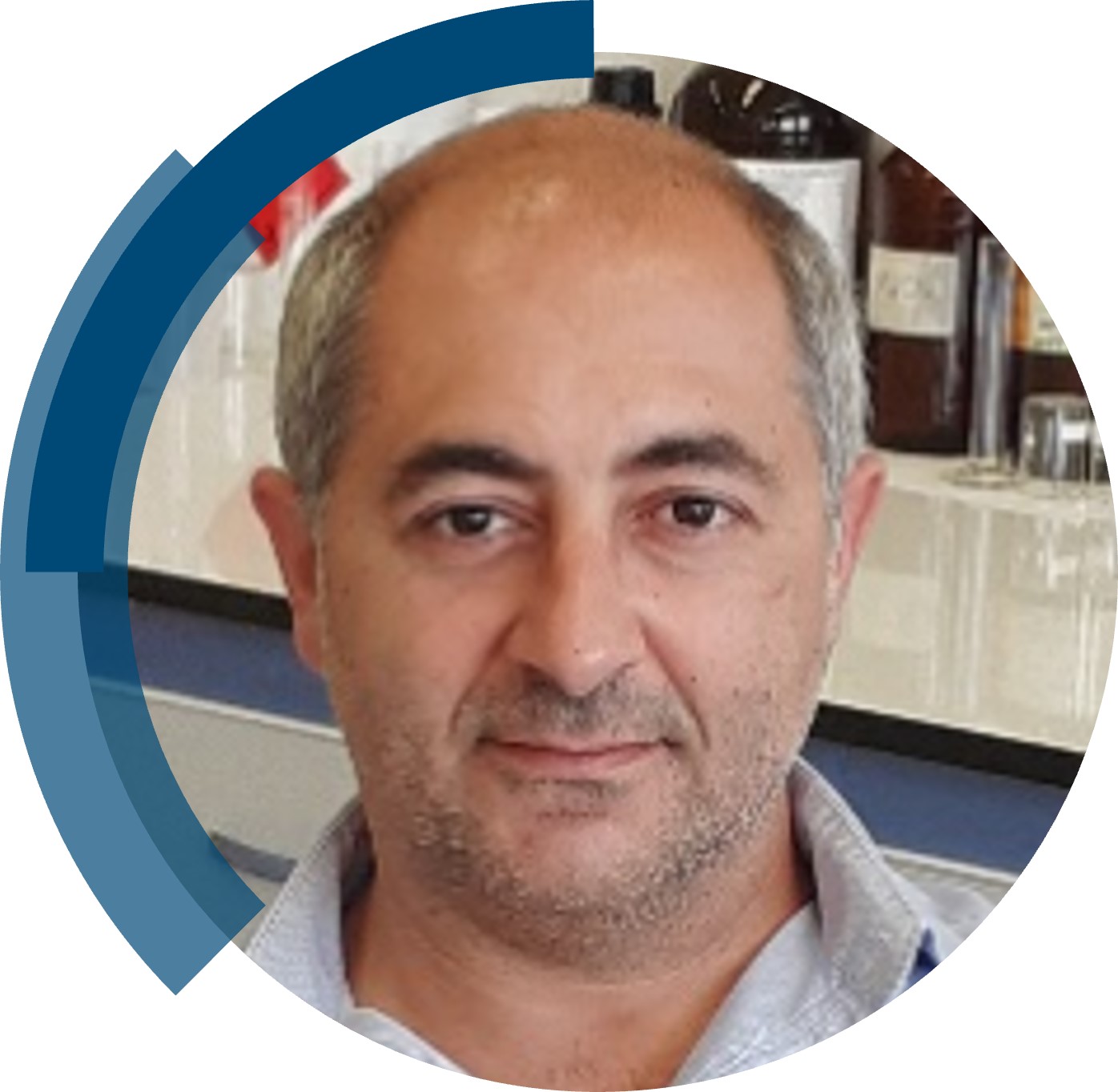ChemComm is publishing its 60th volume in 2024. Over the past 60 years, ChemComm has been the RSC’s most cited journal, and one of the most trusted venues for rapid publication of short communications. In our anniversary year, we recognise the important contributions ChemComm has made, and continues to make, in advancing the chemical sciences.
As part of our anniversary celebrations, we’ve brought together a collection featuring the latest research from some of our most loyal and dedicated authors. From those marking the beginning of their independent academic career by publishing their first article with us, to the rising stars and established leaders publishing in our yearly ‘Emerging Investigators’ and ‘Pioneering Investigators’ collections, this collection champions the contributions of our worldwide author community. We are proud many authors choose to support our journal by regularly publishing their best work with us. This collection also features papers from our ChemComm Emerging Investigator Lectureship winners, and our Outstanding Reviewer awardees, whose invaluable feedback has shaped our published content through the years.
To accompany the collection, we’ll be publishing interviews with contributing authors where they provide further insight into their research and reflect on their journey with ChemComm.
Check out our interview with Theocharis C. Stamatatos (University of Patras, Greece) below!
How have you seen ChemComm evolve over the years and what aspects do you find most noteworthy?
I have definitely seen ChemComm evolve over the past 10 years fostering the publication of very attractive papers in all disciplines of Chemistry. This is exactly what I find the most noteworthy aspect of this journal… publishing with ChemComm makes your paper visible in the entire chemistry academic community.
What is your favourite thing about ChemComm?
The quality of the published papers, the fast and fair revisions from the selected reviewers and the friendly communication with their editorial members and board.
In what ways do you think ChemComm stands out among other journals in your field?
For me ChemComm stands out among the best 3 chemistry-oriented journals globally.
How would you describe the peer review process and interaction with the editorial team at ChemComm?
That fits within my answer to question 2. Excellent interaction!!! Great choices of reviewers as academics and leaders in their fields.
Are there ways in which the journal can further support and engage with future generations of scientists?
I think that the organization of awards, special issues and distinctions for young investigators are actions which can further support and engage the new generations.
Could you provide a brief summary of your recent ChemComm publication?
To speak in common language, in our recent ChemComm paper we have been able to use principles of coordination and organic chemistry to modulate the ligand field environment of the lanthanide ion and prepare a mononuclear, air-stable compound with a massive energy barrier for the magnetization reversal, rendering this species a promising candidate for applications in the fields of memory storage, molecular spintronics and quantum computation.
In your opinion, what are the next steps or potential areas of research that could build upon the findings in this paper?
Physics, materials science, mechanical engineering, especially the deposition of this molecular compound on functional surfaces, such as various 2-D materials, or its encapsulation in fullerenes, and so on.
Be sure to read Theocharis’s full communication, “Unveiling new [1+1] Schiff-base macrocycles towards high energy-barrier hexagonal bipyramidal Dy(iii) single-molecule magnets” to learn more!












